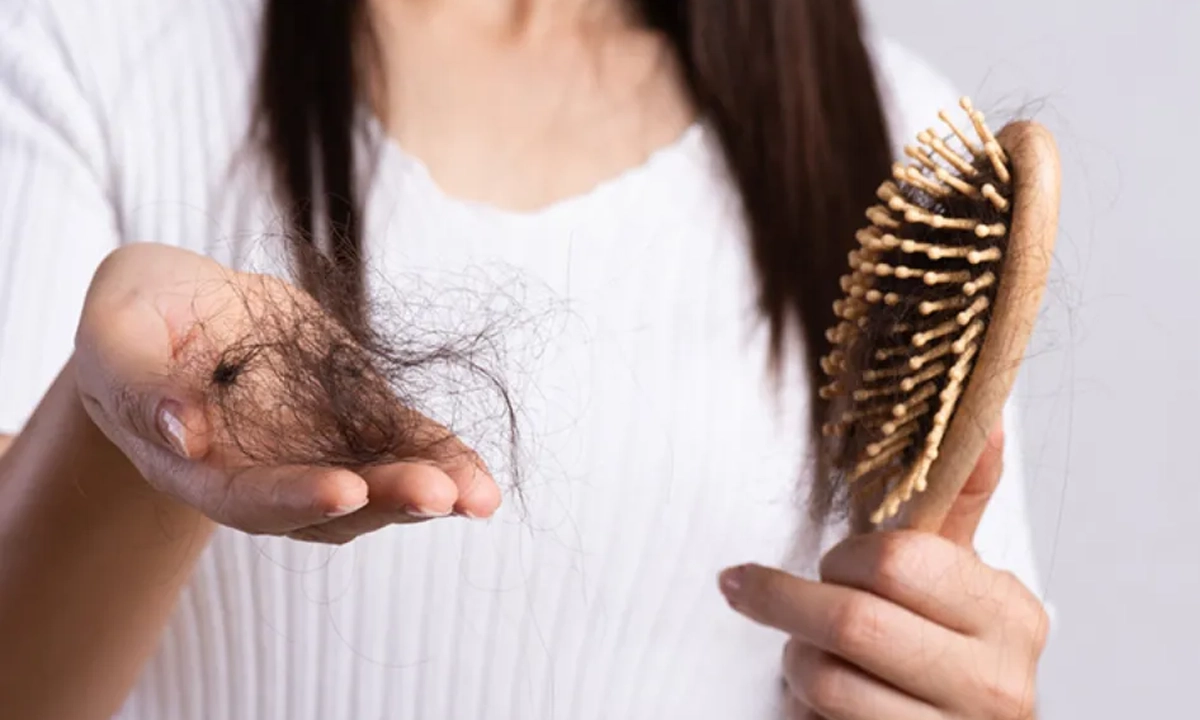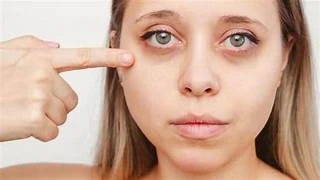Causes of Hair Loss - Treatment and Diagnosis
Hair loss, also referred to as alopecia, is a typical condition that causes hair to fall out of the body's scalp or in other areas. It affects both females and men. Various factors, such as genetics, hormone changes, health conditions, and some medications, can cause it. Hair loss symptoms vary from mild to total hair loss and may be permanent or temporary.While some hair loss is normal and part of the hair-growing cycle, excessive hair loss could cause worry and impact a person's confidence and self-esteem. Treatment options for hair loss include medication or hair restoration surgery and lifestyle adjustments like stress management and an appropriate diet. It is important to talk with an expert to identify the root of the hair loss and formulate an effective treatment strategy.
Tips:
- Consult a doctor: A doctor can help determine the underlying cause of hair loss and recommend appropriate treatment options.
- Keep track of hair loss patterns: Keeping a record of hair loss patterns, including when it started and how quickly it is progressing, can help a doctor make a diagnosis.
- Maintain a healthy diet: Eating a balanced diet rich in vitamins and minerals can help boost healthy hair growth.
- Reduce stress: Chronic stress can lead to hair loss, so it's important to find healthy ways to manage stress.
- Avoid harsh hair treatments: Chemical treatments, heat styling, and tight hairstyles can all damage hair and lead to hair loss.
- Consider medication: Certain medications, such as minoxidil and finasteride, can effectively treat hair loss, but it's important to consult a doctor before starting any new medication.
- Explore hair restoration options: For severe hair loss, hair restoration options such as transplants or scalp micropigmentation may be recommended.







Book Appointment